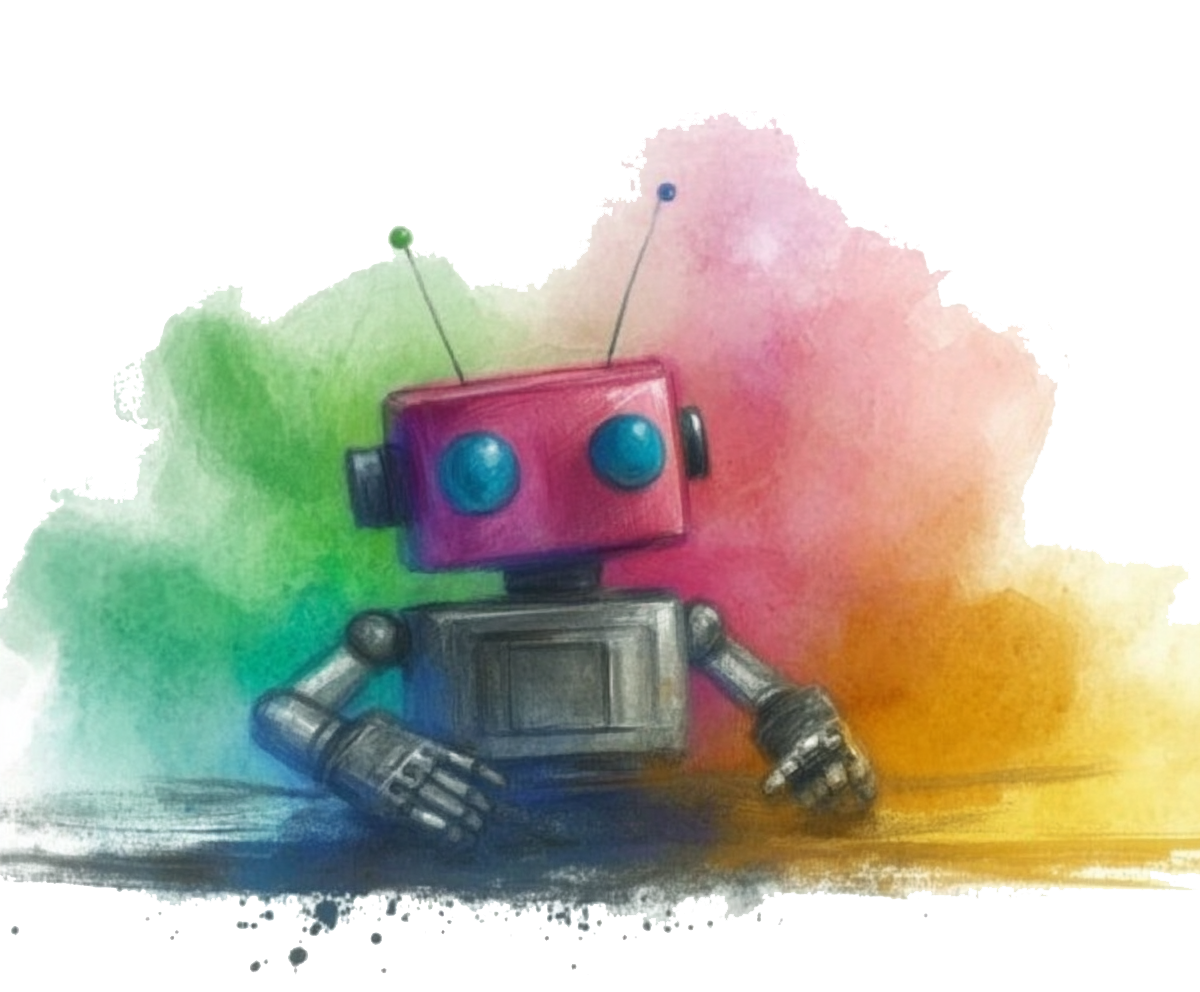Table of Contents
The term "agent" originates from the Latin "agens," meaning "one who acts." This concept has evolved across languages and disciplines, shaping our modern understanding of agents in artificial intelligence. AI agents, or agentic systems, are at the core of intelligent automation, bridging the gap between large language models (LLMs) and real-world applications.
Defining AI Agents
An AI agent is a system that takes input, processes it, and produces an output that influences a workflow or interacts with its environment. Unlike traditional software that follows predefined rules, AI agents exhibit agency—they make decisions based on context, external tools, and learned knowledge.
Agentic systems exist on a continuum of autonomy. A simple processor generates outputs without affecting program execution, whereas a router determines branching logic by choosing between predefined options. Tool-calling agents select and execute external tools, while multi-step agents iterate through tasks, adjusting based on feedback. Multi-agent systems allow one agent to invoke another, creating complex workflows.
Why Use AI Agents?
AI agents are valuable when workflows are dynamic and require adaptability. Unlike static automation relying on rigid conditions, agents optimize, refine, and adapt to real-world constraints. They are particularly effective when the problem space is too broad for pre-programmed workflows, when external data is necessary for decision-making such as web search or API calls, and when continuous learning and adaptation are required.
Applications of AI Agents
AI agents are reshaping industries by enabling real-time adaptability and automation. They are widely used in customer support, where AI-powered chatbots automate responses to complex queries. Productivity tools like GitHub Copilot assist developers by suggesting relevant code snippets. In supply chain optimization, AI manages inventory, predicts demand, and reroutes shipments dynamically. Healthcare diagnostics benefit from AI assistance in analyzing medical data and recommending treatments. Autonomous vehicles rely on AI to process environmental data and make real-time driving decisions.
Agents Framework
In recent months, the number of frameworks for building AI agents has exploded, creating a highly competitive and rapidly evolving landscape. Major players like Google, Microsoft, Facebook, and OpenAI are all vying for dominance, each developing their own frameworks and ecosystems to define the future of agentic AI. This surge of innovation has led to a wave of new tools and methodologies, making it both an exciting and overwhelming period for developers. From lightweight solutions like Smolagents by Hugging Face to highly integrated platforms from tech giants, developers now have an unprecedented variety of choices. However, this abundance of options also brings complexity, as navigating the strengths, limitations, and compatibility of these frameworks requires careful consideration.
The Future of AI Agents
As AI agents evolve, they will become increasingly autonomous and adaptive, unlocking new possibilities in multi-agent collaboration, real-time learning, and proactive decision-making. Companies are already integrating AI agents into their workflows, and the trend is accelerating as open-source models gain capabilities rivaling proprietary systems. AI agents are more than just tools—they represent a shift toward AI-powered decision-making, automation, and intelligent problem-solving. Whether in business, research, or everyday applications, their impact will continue to expand as they gain more autonomy and integration with real-world systems.



